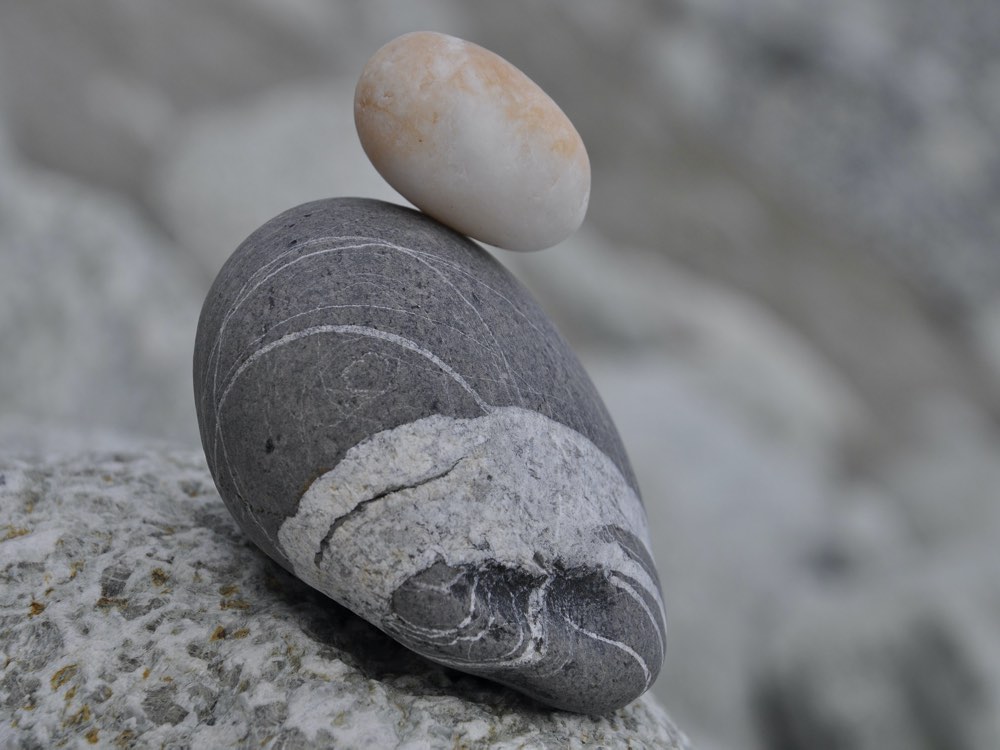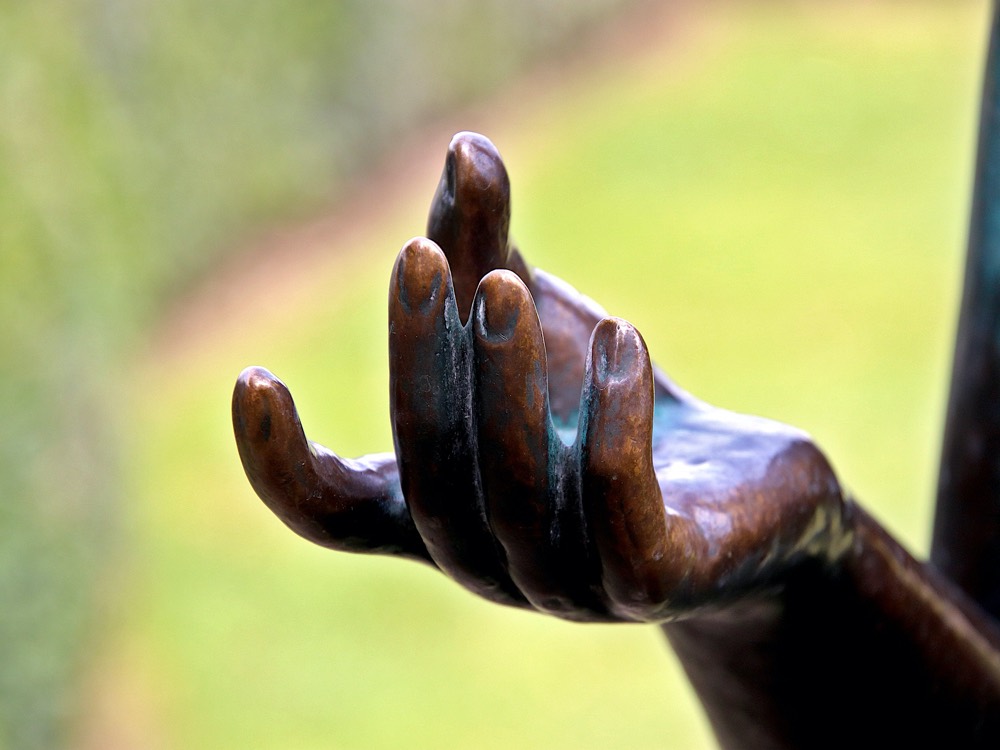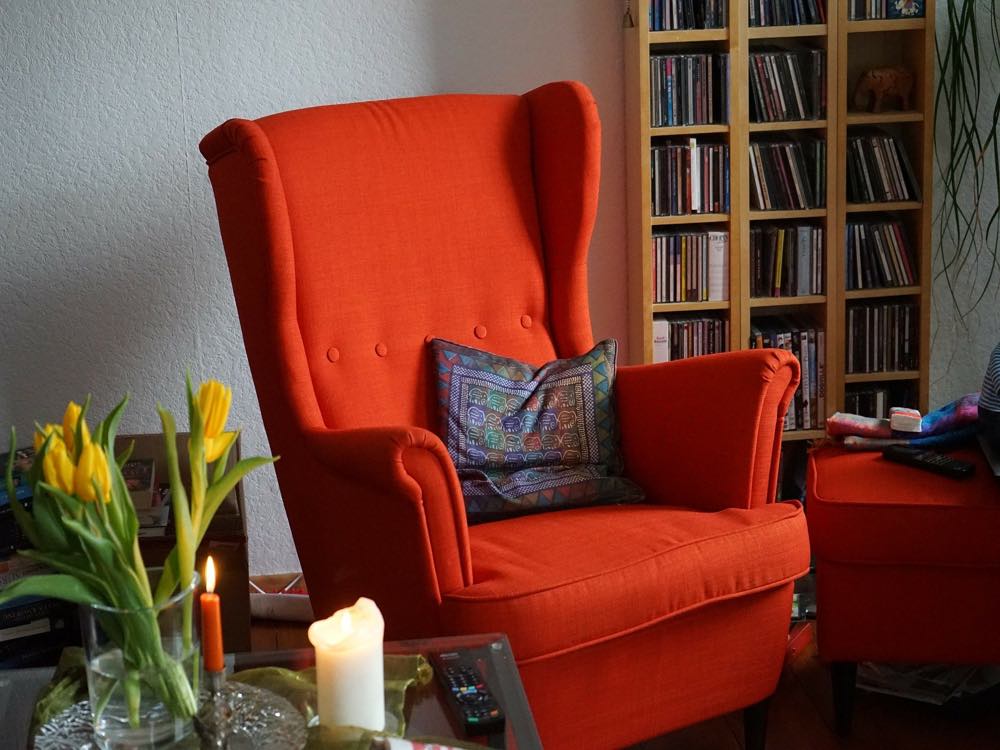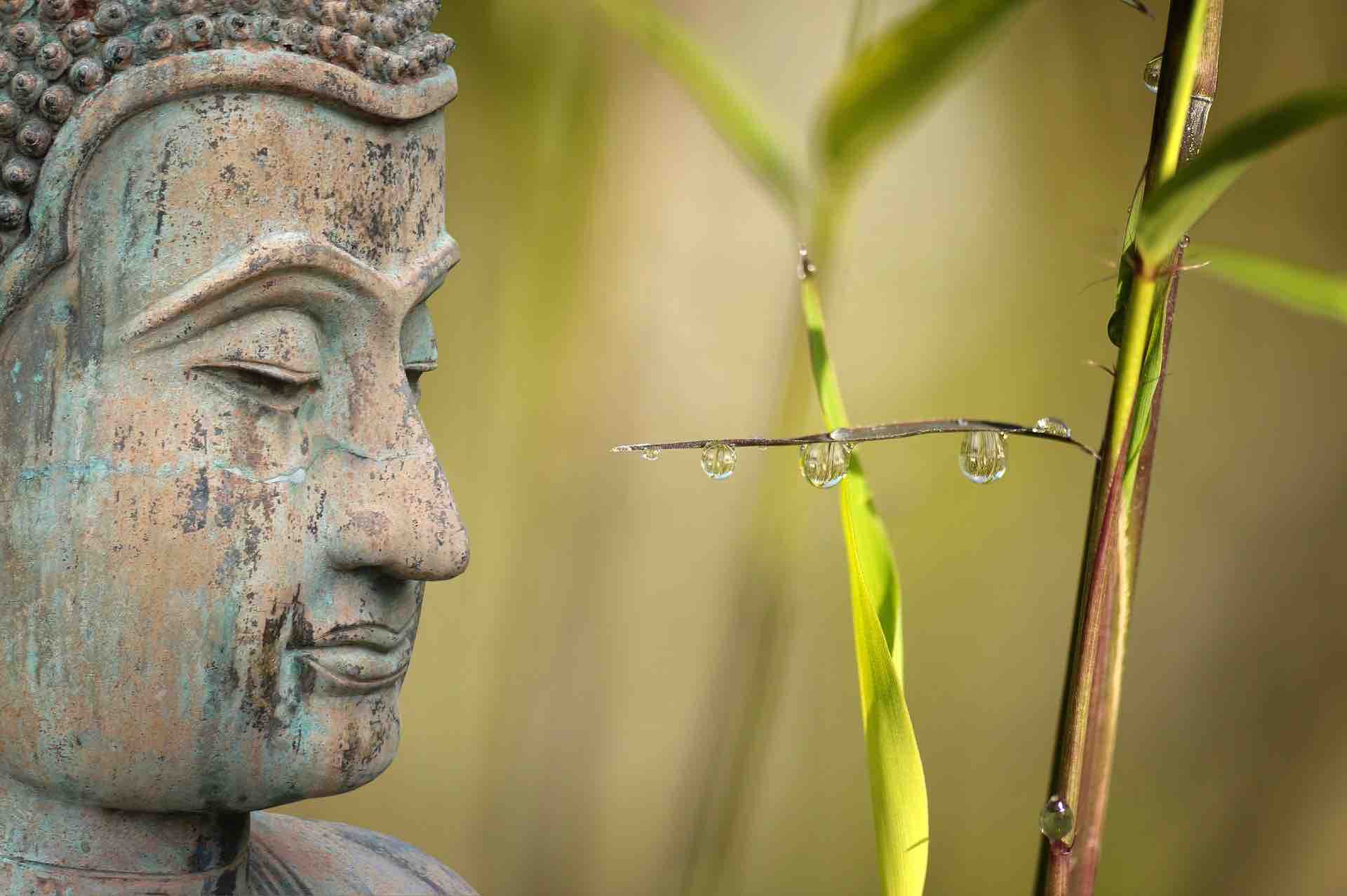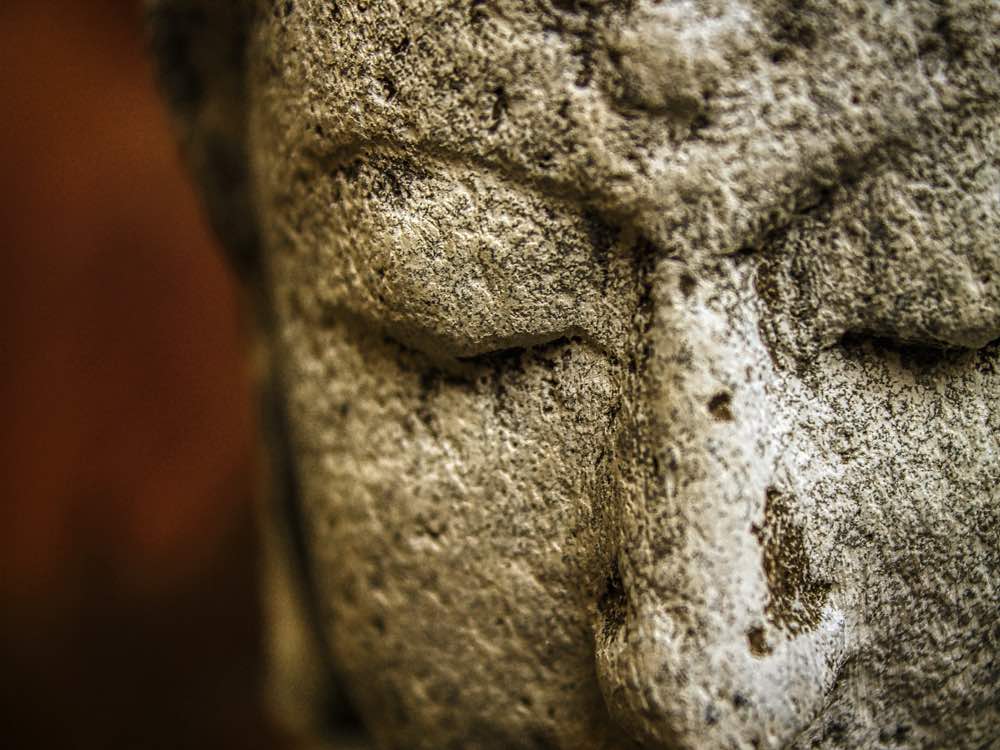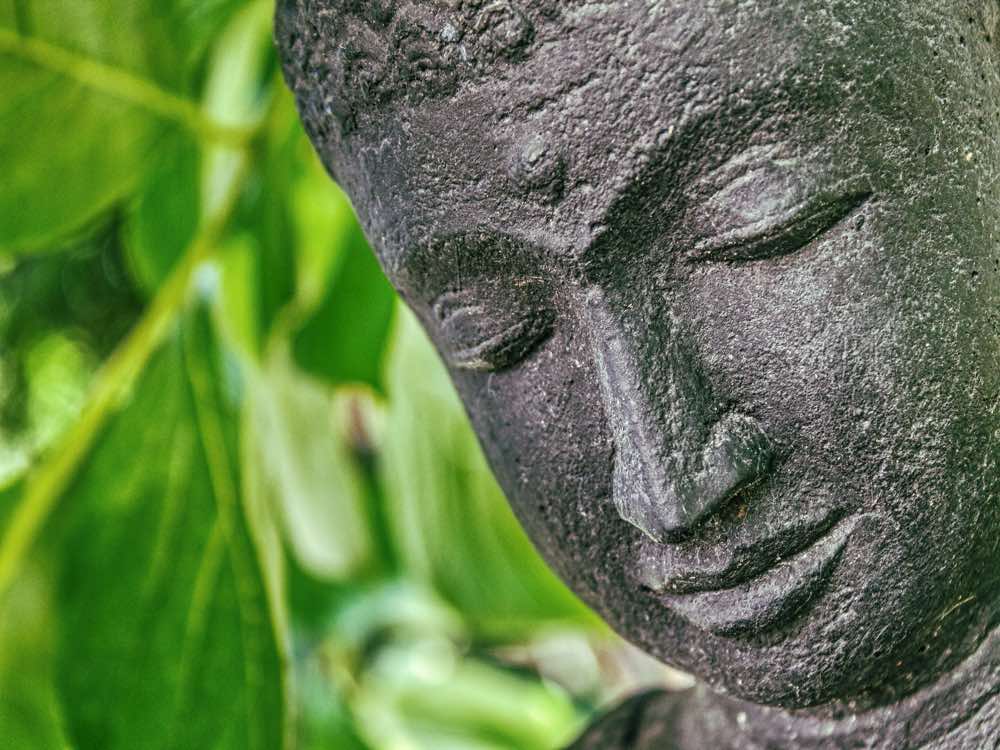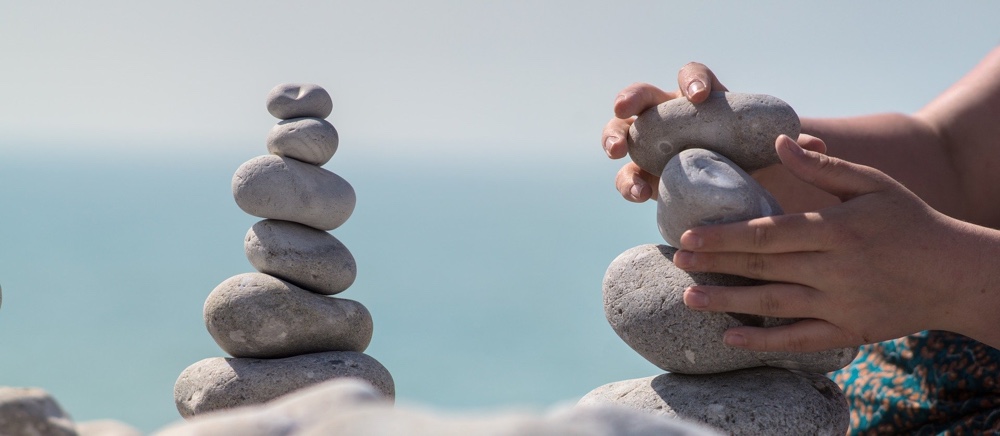Why do you meditate?

Why do you meditate? Meditation can be whatever a person wants it to be. Some people think of meditation as something intended to relax the body or calm the mind. Others meditate in order to find spiritual states of bliss. No matter what your reasons are to meditate, or the level of experience you have in meditation or in spiritual life, everyone who meditates has one thing in common, and that is his or her desire to grow or change in some way.
The primary reason meditation is the time-honored practice that it is, is because the benefits are truly worth it and it is a way for people to make significant leaps in their spiritual evolution.
There are a great many reasons and answers to the question, why meditate. Practically speaking, you could say that there’s a kind of range that begins with the desire to use meditation strictly as a relaxation technique, and goes all the way to the desire for enlightenment. It helps a person to be in touch with what their particular reason is, not necessarily one that matches what they’ve read or that they believe they are supposed to have as a reason to why meditate.
Besides that the benefits are truly well worth it, it is important for us to answer the question: Why do you meditate? And the following quote from Gourasana helps us understand why:
"In spiritual life, in the search for truth, in the search for God, desire is everything.
Desire is a force that moves you, not only in spiritual life,
but it moves you from one place to another in this material world".
Spiritual
desire is to meditation what the sun is to human life: we need the sun
to keep our life forces going, and we need spiritual desire to sustain
our focus and endeavors in each second of meditation. Everything stems
from your spiritual desire.
You do not have to see it as “spiritual desire” if that does not resonate with you. You can see it as your motivation, your intention, or your drive to improve and evolve. Whatever you call it, this kind of desire is a feeling within, and is what sustains your focus as you meditate. It is simply asking yourself: Why do you meditate?
Why do you meditate? ...is an important question to ask yourself!
Self Awareness Exercise #1
Part 1
The first part of this exercise is for you to get in touch with what
your reason is for wanting to meditate. What is motivating you to read
these words about meditation? Why do you meditate?
Write it down in one sentence.
Below are examples of particular reasons why people feel pulled to go
within. You may have a reason that does not fit into the words used
in these examples. Make your own sentence.
As simple as this exercise is, it’s also an important one that will make more sense as you begin your meditation practice.
Examples of reasons to meditate;
- I want to feel something...
- I want to know something...
- I want to see something...
- I want to hear something...
- I want to realize something...
- I want to get freer from...
- I want to be clearer about...
- I want to learn something...
- I want to let go of...
- I need an “aha” about something...
- I don’t know why, except that I just want something more...
- I want to leave behind the world of chain reactions of thinking and doing, ... to get relief from the chaos of input...
- I want to know what is real, what is true, and what is not...
- I want to stick my toes into the unknown...
- I want to have my deeper soul part touched and moved by God...
Part 2
Now, add a prayerful element to the sentence that you wrote. For
example; “I’m meditating because I need an ‘aha’ about something.” The
prayerful element part could then be something like; ... “and I’m going
to trust that there is assistance out there somewhere that can help me.”
That’s all, just make your statement something simple and honest.
This
is a very personal statement of your desire and of the trust that you
are willing to give to your practice. Later on you’ll use this statement
as a seed for growing into more understanding about how to practice
holding a prayerful focus and letting go, which are essentially the core
parts of most meditation practices.
“You need to listen while you are meditating, but it is a listening beyond the senses of the body.
It is a listening to the sound of
silence. Your mind will not hear it; your ears will not hear it.
It is a listening that is beyond these limitations. It is a state of reception.
Carry this state of reception into your meditations; and as this listening takes over,the usual difficulties will subside".
The
few minutes and the focus it takes to write your sentence helps you to
have a state of reception as Gourasana described in the passage above.
Your desire, your trust–the unique way that you feel it and say it–put
you in touch with your humility and receptivity. This bit of awareness
of intent and the reminder to have a measure of trust will be the core
of every meditation that you do.
Your
desire and your trust are to your meditation what salt and pepper are
to a table setting – because they go with everything. Which ever method
of going within you use you will always be contributing your desire and
your trust, and they will be a part of everything you experience in
meditation.
Suggestion:
Sit once a day for one week, and do nothing but simply feel in touch with the sentence that you wrote. Each time you go within, ask yourself why do you meditate and write a new sentence down, and then just sit with no other intention going on other than to be in touch with what you wrote in your sentence.
"Your desire and your trust are to your meditation what salt and pepper are to a table setting –
because they go with everything".
"Which ever method of going within you use you will always be contributing your desire and your trust,
and they will be a part of everything you experience in meditation".
back to: Meditation for beginners

